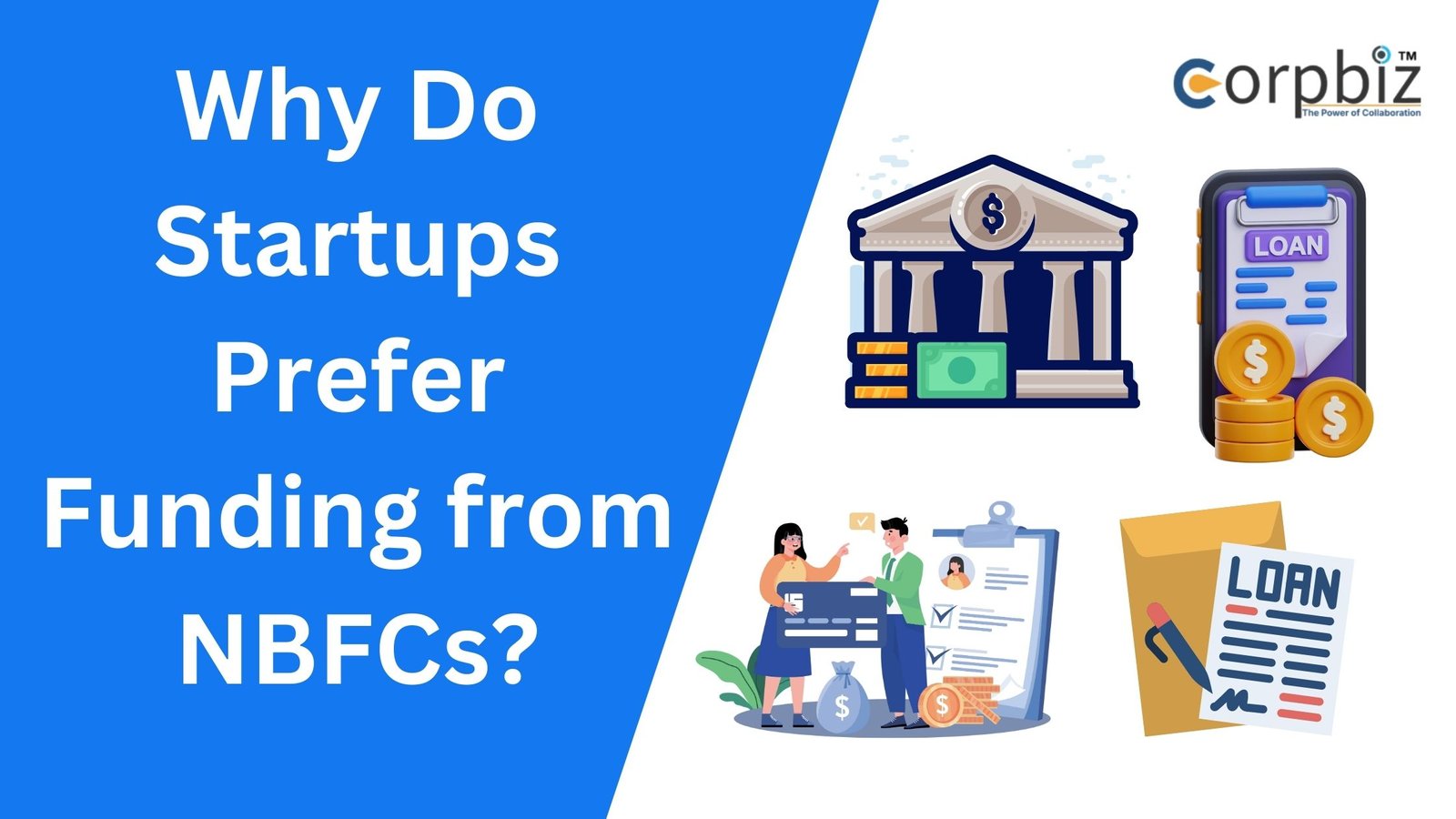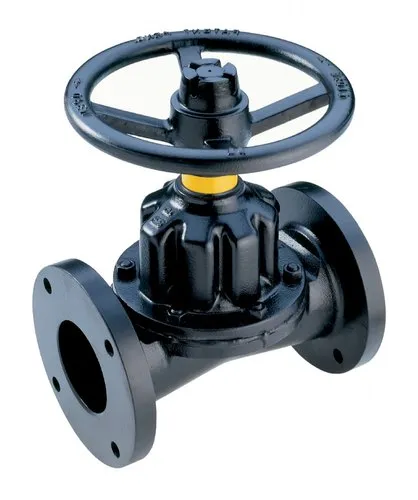The dream of owning a home is universal, but the path to securing a mortgage loan can feel distinctly challenging for self-employed borrowers. Unlike traditionally-employed individuals with regular paychecks and W-2 forms, self-employed people rely on income from freelancing, small businesses, or gig work. This often introduces complexities when applying for home loans, particularly as lenders typically focus on stable and predictable income streams. However, there are mortgage loan options, tailored benefits, and strategies that accommodate the financial circumstances of self-employed borrowers.
In this article, we’ll explore the advantages, requirements, and tips for self-employed individuals looking to secure a mortgage loan. We’ll also delve into how interest rates and documentation factor into the process, helping you better navigate your journey toward homeownership.
Challenges Faced by Self-Employed Borrowers
Before we dive into mortgage loan benefits, it’s essential to understand why self-employed borrowers face unique hurdles in the mortgage process. The primary challenge revolves around proving income consistency. Unlike salaried employees, self-employed individuals often experience fluctuating income based on business performance, seasonal demand, or industry trends.
Additionally, self-employed borrowers frequently claim business-related deductions on their tax returns, which can lower their taxable income. While this is a smart financial strategy, it can inadvertently make their income appear smaller to lenders, negatively affecting loan approval and mortgage loan interest rate offers. The more stable and higher your income looks on paper, the easier it is to qualify for favorable mortgage rates.
Benefits of Mortgage Loans for Self-Employed Borrowers
While challenges exist, self-employed individuals are not excluded from the homeownership equation. Lenders understand the nuances of self-employment and offer various perks to accommodate borrowers with non-traditional income sources.
1. Flexible Documentation Options
Self-employed applicants are not locked into stringent income verification requirements. Instead of relying solely on W-2 forms or pay stubs, lenders typically accept tax returns, profit-and-loss statements, and bank statements as proof of income. Some lenders even offer “bank statement loans” specifically catered to self-employed borrowers. These loans allow individuals to use their banking records rather than tax forms to demonstrate spending habits and income.
2. Diverse Loan Programs
Self-employed borrowers often have access to specialized loan programs, such as conventional loans, jumbo loans, and government-backed loans (e.g., FHA and VA loans). Each loan type has its own set of criteria, but government-backed loans may present additional flexibility since they are designed to help individuals with varying financial backgrounds.
For example:
- FHA Loans: These loans are attractive to self-employed borrowers because they feature lower down payments and lenient credit qualification requirements.
- VA Loans: Active military personnel and veterans can opt for VA loans, which offer favorable terms such as zero down payments and competitive mortgage loan interest rates.
- Non-QM Loans (Non-Qualified Mortgages): Self-employed individuals who don’t meet traditional income verification requirements can explore non-QM loans. These loans are more flexible with documentation requirements but may feature slightly higher interest rates to offset risk.
3. Customizable Down Payments
Lenders often provide self-employed borrowers with down payment flexibility. While larger down payments can reduce monthly obligations and secure a lower interest rate, self-employed borrowers may still qualify for mortgage loans with smaller down payments, depending on the loan program.
4. Competitive Mortgage Loan Interest Rates
Contrary to popular belief, self-employed borrowers can still qualify for competitive mortgage loan interest rates. Lenders evaluate various factors, such as credit score, debt-to-income ratio (DTI), and assets, to offer rates that match an applicant’s financial profile. To improve your chances of securing lower rates, it’s advisable to maintain a strong credit history and save for a significant down payment.
5. Potential for Co-Borrowing
For self-employed borrowers who struggle to meet income requirements individually, some lenders allow co-borrowers to sign onto the mortgage loan. Having a partner or family member with a steady income can enhance your application and strengthen your eligibility for lower interest rates.
Steps for Improving Eligibility
To take full advantage of the benefits available to self-employed borrowers, there are several steps you can take to enhance your financial profile before applying for a mortgage loan.
1. Build and Maintain Strong Credit
Your credit score plays a significant role in determining not only your eligibility for a mortgage but also the mortgage loan interest rate you’ll be offered. Aim for a credit score of at least 620 to qualify for conventional loans, although higher scores will generally yield better interest rates.
2. Increase Your Savings
Proactively saving for a down payment can make your mortgage application stand out to lenders. A higher down payment is often viewed as a sign of financial stability, which can lead to better interest rate offers and loan terms.
3. Reduce Debt
When evaluating your mortgage loan application, lenders will assess your debt-to-income ratio, which compares your monthly debt payments to your income. Keeping your DTI below 43% can strengthen your loan application and improve your chances of getting approved for favorable terms.
4. Prepare Thorough Documentation
One of the most important steps for self-employed borrowers is gathering comprehensive documentation of income and business stability. These documents include:
- Two to three years of tax returns
- Profit-and-loss statements for your business
- Personal and business bank statements
- 1099 forms (if applicable)
Presenting organized and accurate documentation demonstrates financial reliability and reassures lenders of your ability to repay the loan.
5. Work with Specialized Lenders
Not all lenders understand the nuances of self-employed income. Working with mortgage lenders who have experience handling applications from business owners and freelancers can streamline the process and provide access to better-tailored loan products.
Navigating Interest Rates as a Self-Employed Borrower
Mortgage loan interest rates can vary significantly based on your financial profile, the loan type, and external market conditions. Since interest rates directly impact your monthly mortgage payment, self-employed borrowers must pay special attention to how rates are determined.
Factors Impacting Mortgage Loan Interest Rates for Self-Employed Borrowers:
- Credit Score: Higher credit scores typically qualify for lower interest rates.
- Income Stability: Lenders will evaluate the consistency and credibility of your income over the last two or three years.
- Loan Type: Government-backed loans such as FHA or VA loans may feature lower interest rates due to reduced lender risk. Non-QM loans might have higher rates due to greater flexibility.
- Market Trends: Economic conditions and Federal Reserve policies impact overall mortgage interest rates. Locking in a low rate early can be advantageous.
Closing Thoughts
While securing a mortgage loan as a self-employed borrower may require extra steps, it’s entirely achievable with preparation, patience, and knowledge of your options. From flexible documentation requirements to customizable loan programs, lenders offer numerous benefits designed to address the unique financial situations of self-employed applicants.
To improve your eligibility and lock in a favorable mortgage loan interest rate, focus on building your credit, reducing debt, and gathering clear financial documentation. By understanding your loan options and working with experienced lenders, you’ll pave the way to homeownership and enjoy the long-term benefits of investing in your future.
Owning a home as a self-employed individual may take effort, but with persistence and the right approach, it’s a goal well within your reach.
















Leave a Reply